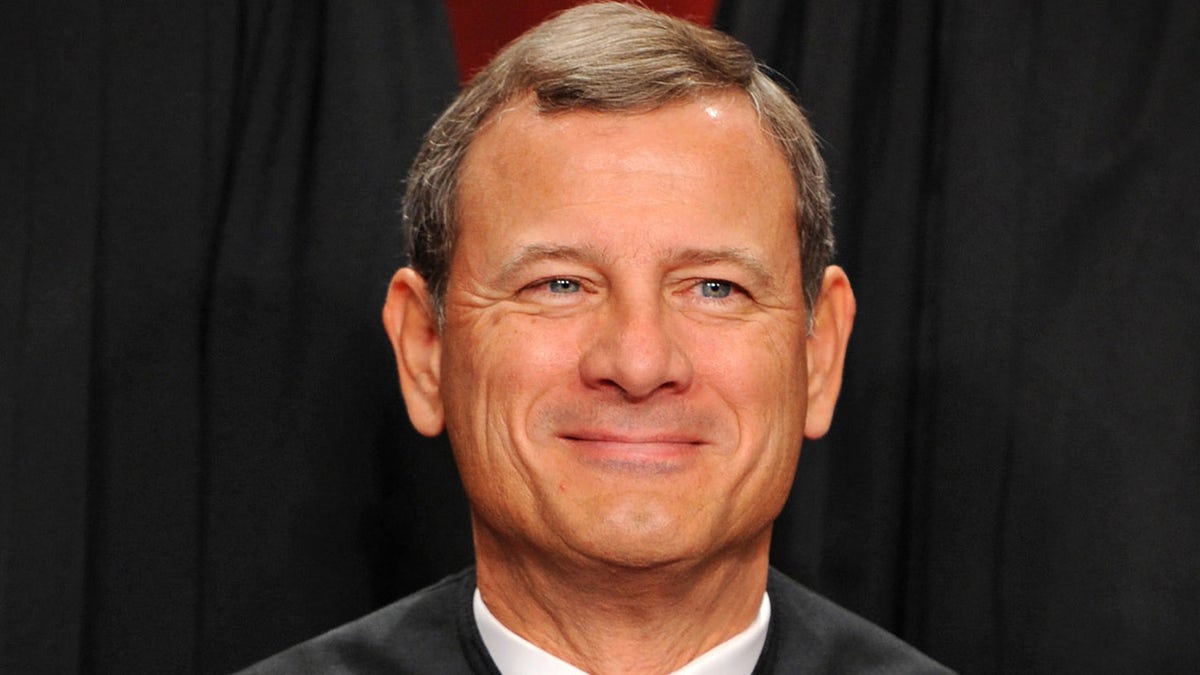Fox News Flash top headlines for September 2
Fox News Flash top headlines are here. Check out what's clicking on Foxnews.com.
The Supreme Court's ruling in the matter of the Texas law banning abortion when there is a fetal heartbeat is the latest high-profile decision in which Chief Justice John Roberts sided with liberal justices against his conservative colleagues.
While Roberts, who was appointed by former President George W. Bush, was not on the winning side this time he differed with the Republican-appointed Justices Clarence Thomas, Samuel Alito, Neil Gorsuch, Brett Kavanaugh and Amy Coney Barrett, who said the abortion providers seeking relief had not shown that the people they wish to enjoin can or would enforce the law. Roberts said that given the complex issues involved and the short time the court had to make a determination, he would grant the injunction to maintain the status quo.
SUPREME COURT VOTES 5-4 TO LEAVE TEXAS ABORTION LAW IN PLACE
"I would accordingly preclude enforcement of S. B. 8 by the respondents to afford the District Court and the Court of Appeals the opportunity to consider the propriety of judicial action and preliminary relief pending consideration of the plaintiffs’ claims," Roberts said in a dissenting opinion.
The case has drawn national attention – and hyperbolic reactions – due to the law's banning of abortions roughly six weeks into a pregnancy, and it is far from the first major case in which Roberts and the other conservatives were at odds.

Chief Justice John Roberts smiles for the cameras in 2010 in Washington, D.C. (Photo by Bill O'Leary/The Washington Post via Getty Images)
In another abortion case, 2020's June Medical Services v. Russo, Roberts sided with the liberal members to rule against a Louisiana law restricting who can perform abortions, upholding precedent from a similar case in 2016 in which he was on the other side.
Prior to that, Roberts voted with liberals to reject the Trump administration’s attempt to rescind DACA, and in a 6-3 decision he voted to prohibit employment discrimination based on sexual orientation and gender identity.
Roberts' history of separating himself from the court’s conservative contingent in key cases goes back years. In 2012, by siding with the liberal wing and reinterpreting an individual mandate as a tax, he allowed ObamaCare to be found constitutional. In 2019 he joined with liberals in shutting down the Trump administration’s efforts to add a citizenship question to the census.
CLICK HERE TO GET THE FOX NEWS APP
One hot-button area in which Roberts often sticks with conservatives is religious liberty. In 2014 he sided with Justices Alito, Thomas, Antonin Scalia and Anthony Kennedy in a 5-4 decision that said closely held corporations can cite religious beliefs to be exempt from ObamaCare's requirement to cover contraception. In 2018 he joined the majority in ruling in favor of a Colorado baker who refused to bake a cake for a same-sex wedding, although the liberal Justice Elena Kagan joined them as well..
Roberts did split with conservatives against religious organizations that challenged coronavirus restrictions on prayer services in New York in 2020, but he sided with conservatives in a subsequent ruling involving restrictions in Colorado and New Jersey.














































